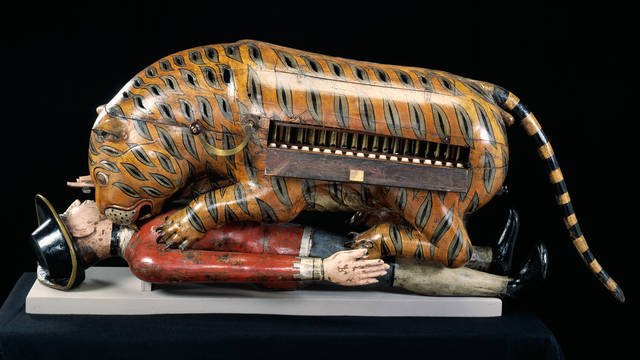
Terror in the Postcolony
From British mutiny novels to contemporary US fiction, terrorism has had a long literary history. Imperial sedition laws marking colonized subjects as insurgents continue to operate in South Asia well into the twenty-first century; the rhetoric of the US-led “Global War on Terror” has sparked a new method of postcolonial securitization. This course will embark on a comparative expedition that follows the affordances and differences between colonial/postcolonial South Asia and contemporary US empire through literature, history, and theory. We will grapple with political concepts like mutiny, Naxalism, separatism, counterinsurgency and securitization by reading contemporary novels, poetry, prison memoirs, and graphic novels from South Asia, Middle East, and the US. “Terror in the Postcolony” will explore colonial, postcolonial and US imperial representations of anti-state violence that complicate the ideology of terrorism by turning to literary resistance.
Primary Texts:
Rabindranath Tagore, The Home and the World (1916)
Mahasweta Devi, Mother of 1084 (1974/1995) Trans. Samik Bandopadhyay
Manoranjan Byapari, There’s Gunpowder in the Air (2018) Trans. Arunava Sinha
Rohinton Mistry, A Fine Balance
Malik Sajad, Munnu: A Boy from Kashmir
Kamila Shamsie, Home Fire (2017)
Sinan Antoon, The Corpse Washer (2012)
Jamil Jan Kochai, Selections from The Haunting of Haji Hotak and Other Stories (2021)
Mohamedou Slahi, Guantanamo Diary: The Restored Edition (2015/2017) Trans. Larry Siems